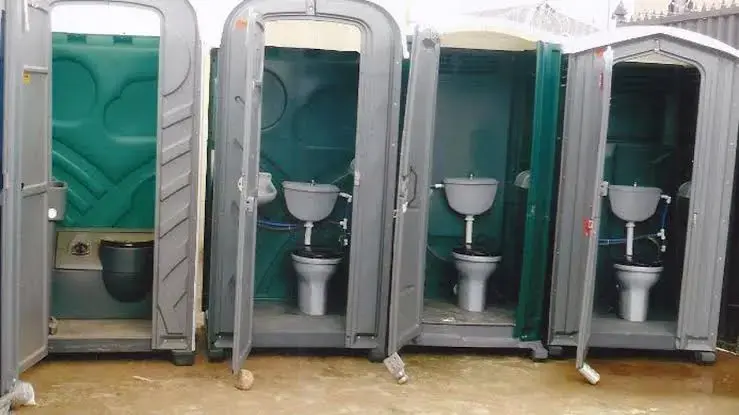No fewer than eight hundred thousand villagers in the northeastern states of Adamawa, Borno and Yobe will now have access to safe toilet facilities which was made possible by the government of the Netherlands through its partnership with the government of Nigeria at various levels.
The programme which was tagged Accelerating Sanitation and Water for All (ASWA II) has been successfully implemented in 6 local government areas across 3 states (Guyuk and Jada in Adamawa, Biu and Meigumeri in Borno, and Fune and Geidam in Yobe) from 2019 to 2023.
Africa Today News, New York gathered that the ASWA II programme is part of a multi-country programme funded by the government of the Netherlands and UNICEF to contribute to improved health, nutrition, and well-being of poor and vulnerable people in targeted rural LGAs and communities, especially among women and girls.
In a communique issued at the end of a brainstorming session in Gombe yesterday by stakeholders of the 3 benefiting states which was led by UNICEF WASH Manager, Chiranjibi Tiwari, it was noted that the 5-year programme achieved tremendous results.
According to the communique, “The programme, during the cause of implementation over the last 5 years, achieved the following results: 997,000 people in the target were provided with safe drinking water; 880,000 people stopped defecating in the open and are now using a safe and hygienic toilet facility.
Read Also: Netherlands Apprehends Over 1,500 Climate Activists
“A total of 500 new water facilities were constructed, and 1,000 broken-down facilities were rehabilitated, 54 schools and 38 healthcare facilities were provided with basic water, sanitation, and hygiene, 3 local governments (Biu, Guyuk, and Jada) were declared open-defecation-free by the National Task Group on Sanitation (NTGS).”
However, stakeholders from the benefiting states stressed the need for sustainability and expansion of the programme in other communities in the region.
They further advocated the promotion of community ownership, saying that they will continue to encourage community contribution to the WASH intervention in the state by facilitating the continuation of the tariff contribution and expanding on the successes.
Acknowledging the role of traditional institutions in the sustainability of the programme, they appreciated the contribution of the traditional institutions; the emirs, district heads and other members of the traditional council in the states and LGAs where the programme was implemented.

